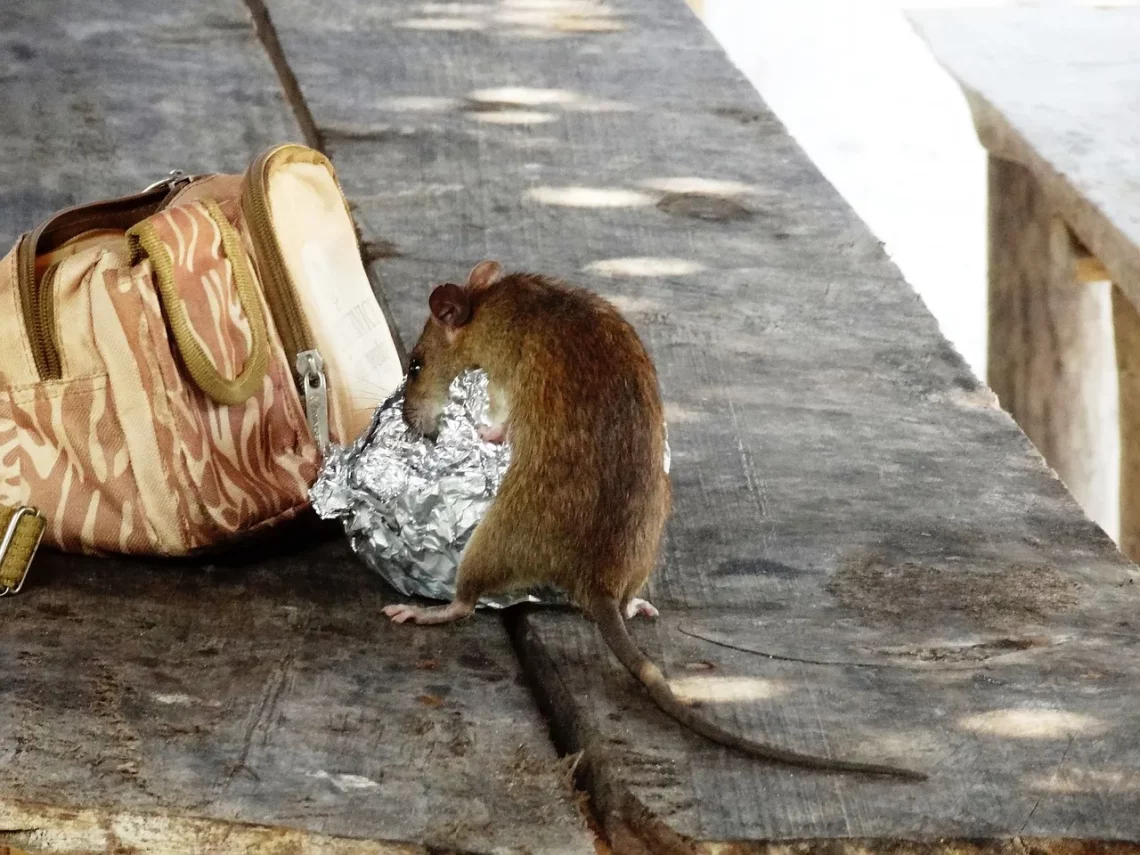
The Fascinating World of Curly Hair Rats and Their Unique Traits
Curly hair rats, often referred to as “rex rats,” have captivated the hearts of pet enthusiasts and researchers alike. Their unique appearance, characterized by their soft, curly fur, sets them apart from their straight-haired counterparts. This distinctive trait is not just a matter of aesthetics but also speaks to the underlying genetics that govern fur texture in these fascinating creatures. Curly hair rats are not only visually appealing; they are also known for their playful and inquisitive nature, making them delightful companions.
As small mammals, these rats exhibit a range of behaviors that can be both entertaining and endearing. Social and intelligent, curly hair rats thrive on interaction, whether with their human caregivers or other rats. Understanding their needs and characteristics can enhance the experience of keeping them as pets. Beyond their charming appearance and playful antics, curly hair rats offer insights into genetic diversity and the science of domestication, shedding light on broader biological concepts.
In this exploration of curly hair rats, we will delve into their unique traits, behavioral characteristics, and the care they require to thrive in a domestic setting.
The Genetics Behind Curly Fur
The curly fur of curly hair rats is the result of a specific genetic mutation that affects the structure of their hair follicles. This mutation, often referred to as the “rex” gene, alters the keratin structure in the hair, leading to the distinctive soft and wavy texture. Unlike standard rats, whose fur lies flat against their skin, the rex mutation causes the hairs to curl, resulting in a plush, velvety appearance.
Interestingly, the rex gene does not only affect fur texture; it can also influence other traits, including whisker length and the density of the coat. This genetic variation can contribute to a range of appearances among curly hair rats, from those with tight, short curls to those with looser, longer waves. Breeders often select for these traits, leading to a diverse array of curly hair rat varieties, each with its own unique look.
Understanding the genetics behind curly hair rats can also shed light on broader discussions about domestication and genetic diversity in pet species. The rex gene serves as a fascinating example of how selective breeding can produce specific traits that enhance the pet experience. Moreover, the study of these genetic variations can provide insights into the health and behavior of rats in general. For instance, curly hair rats may have different grooming needs compared to their straight-haired relatives, as the curls can trap dirt and oils more easily.
In terms of care, it’s essential for rat owners to understand these genetic traits to ensure their pets remain healthy and happy. Regular grooming may be necessary to prevent matting and to keep their unique coats in optimal condition. With proper care, curly hair rats can lead long, fulfilling lives, showcasing the beauty of genetic diversity in the animal kingdom.
Behavioral Traits of Curly Hair Rats
Curly hair rats are known for their engaging personalities and lively behavior. They are highly social animals that thrive on interaction. In a domestic setting, they often exhibit playful antics, such as climbing, exploring, and engaging in games with their owners. This playful nature makes them a joy to observe, as each rat displays its unique personality through its actions.
One of the most striking behavioral traits of curly hair rats is their intelligence. They are quick learners and can be trained to perform tricks or navigate mazes. This intelligence is not just a novelty; it also means that they require mental stimulation to prevent boredom. Providing them with various toys, tunnels, and climbing structures can enhance their environment and keep them engaged.
Socialization is another critical aspect of their behavior. Curly hair rats are happiest when they have companionship, whether from other rats or from their human caregivers. They often form strong bonds with their owners, displaying affection through grooming behaviors, cuddling, and playful interactions. This social nature makes them excellent pets for families and individuals alike, as they thrive in environments where they receive ample attention.
However, potential rat owners should be aware of the importance of proper socialization. Introducing new rats to an established group can require careful management to prevent territorial disputes. It’s vital to monitor their interactions and provide safe spaces for each rat to retreat to if needed. Understanding these behavioral traits can lead to a more harmonious living situation, allowing both rats and their owners to enjoy the companionship that curly hair rats provide.
Care Requirements for Curly Hair Rats
Caring for curly hair rats involves several essential considerations to ensure they thrive in a domestic environment. First and foremost, providing a spacious and enriching habitat is crucial. A multi-level cage with plenty of room to climb, explore, and play is ideal. Rats are naturally curious creatures, and their enclosure should reflect their need for mental and physical stimulation.
Bedding is another important aspect of their care. Soft, absorbent bedding material, such as paper-based or aspen shavings, can provide a comfortable environment for sleeping and burrowing. It’s essential to avoid cedar or pine shavings, as these can be harmful to their respiratory health. Additionally, regular cleaning of the cage is vital to maintain hygiene and prevent odors.
Diet plays a significant role in the health of curly hair rats. A balanced diet that includes high-quality rat pellets, fresh fruits, and vegetables is essential. It’s important to avoid processed foods or those high in sugar and fat, as these can lead to obesity and other health issues. Fresh water should always be available, and owners should monitor their pets to ensure they are drinking adequately.
Regular health check-ups are also recommended. Curly hair rats can be prone to specific health issues, such as respiratory problems or skin conditions due to their unique fur. Observing their behavior and physical condition can help owners catch any potential health issues early. If any abnormalities arise, consulting a veterinarian familiar with small animals is crucial.
Lastly, grooming is particularly important for curly hair rats. Their unique fur can trap dirt and oils, leading to matting if not properly maintained. Regular brushing and occasional baths can help keep their coats clean and healthy. Understanding these care requirements is essential for any prospective curly hair rat owner, ensuring a happy and healthy life for their pets.
Why Curly Hair Rats Make Great Pets
Curly hair rats offer a unique combination of traits that make them excellent companions for pet owners. Their playful and social nature, coupled with their intelligence, creates an engaging and interactive pet experience. Unlike some traditional pets, they require less space and can adapt well to various living environments, making them suitable for apartments and homes alike.
Moreover, their affectionate demeanor sets them apart from many other small animals. Curly hair rats often form strong bonds with their owners, providing companionship and emotional support. They are known to recognize their caregivers, responding to their voices and seeking interaction. This ability to connect with humans adds an enriching layer to the pet-owner relationship, fostering a sense of companionship that many pet owners cherish.
Curly hair rats also have a relatively short lifespan, typically ranging from two to three years. This shorter lifespan can be appealing to those who may not be ready for the long-term commitment of larger pets. Additionally, they are often less demanding in terms of time and care compared to dogs or cats, making them suitable for busy individuals or families.
In conclusion, curly hair rats are not only visually captivating but also offer a wealth of personality and companionship. Their unique traits and behaviors make them a joy to keep as pets, providing both entertainment and emotional connection. As with any pet, understanding their needs is crucial for ensuring a happy and healthy life for both the rats and their owners.
*Disclaimer: This article is for informational purposes only and is not intended as medical advice. For any health concerns regarding your pet, please consult a veterinarian.*




